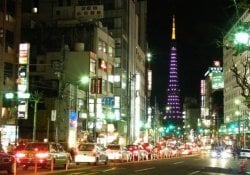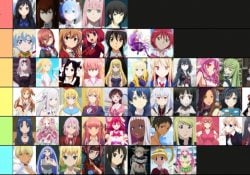Ever heard of the Korean expression “oppa”? In this article we will understand in depth the real meaning of this word popularized thanks to Korean Dramas and K-Pop.
Many people have some doubts about what the word "oppa" means, its value, and its use in Korean life, but rest assured that today we will explain not only its meaning but also its origin, evolution, variation, and alternatives.
오빠 - What does Oppa mean?
The word "oppa" means "older brother", it is often used by women to refer to their older brothers. It's like a korean honorific of treatment.
As in the Japanese language we have oniichan and onechanIn Korean, we have Oppa (오빠) and Hyung (형) to be used for "older brother," and Noona (누나) and Unnie (언니) for "older sister."
Although the word was originally used for older brother, some girls often use it to refer to their boyfriend or crush, as long as they are a little older than them.
Oppa is used by women, but if a man wants to refer to his older brother, he can use Hyung. All these terms mentioned here can be used with friends as well.
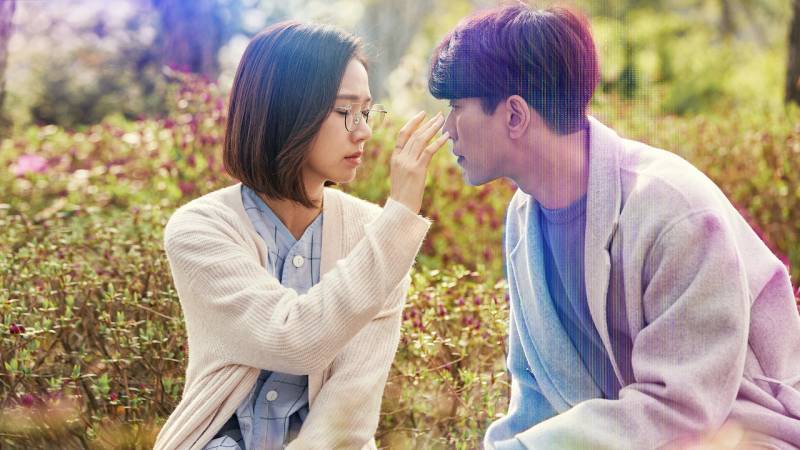
Other Meanings of Oppa
Oppa is a super versatile and useful word, used just as often as a pronoun like you. This is because the word you in Korean is reserved and used only among close friends due to the Korean hierarchy.
The expression also conveys an idea of flirtation, resulting in meanings such as crush, darling and darling. It doesn't just mean big brother, but rather a word of endearment or nickname.
Korean girlfriends and wives can say a lot of “oppa” with different intonations. Korean men can distinguish the tones and can tell if she is happy, angry, upset or wants something.
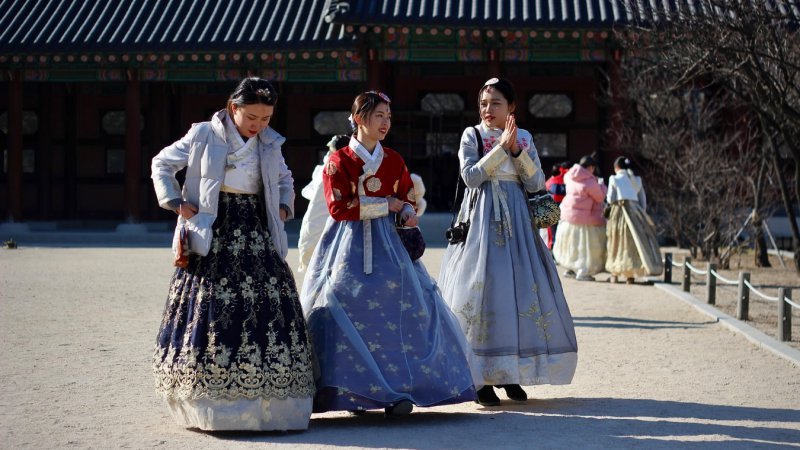
Who can I call Oppa?
We have already seen in this article that girls can call their older brothers oppa, also boyfriends and even close friends, but you can use this word with other people.
Their older male relatives and cousins may be referred to as "oppa". In fact, an older male cousin in Korean is "sa-chon oppa".
As mentioned, you can use “oppa” with friends or acquaintances, but you need to be careful that this could be interpreted as flirting. Whether or not to be a flirt will depend on your tone.
As in Japanese we have the term senpai to refer to a veteran, in the Korean language we use sunbae, but some may prefer to be called "oppa", they even ask to use that term.
The most popular form of the expression oppa in the West is used to refer to celebrities. The term “oppa” is often used with young people K-POP singers or actors from Korean dramas.
Other Korean women are smart and use the term to get benefits in bars, restaurants, clubs and other places, either for visitors or for local employees.
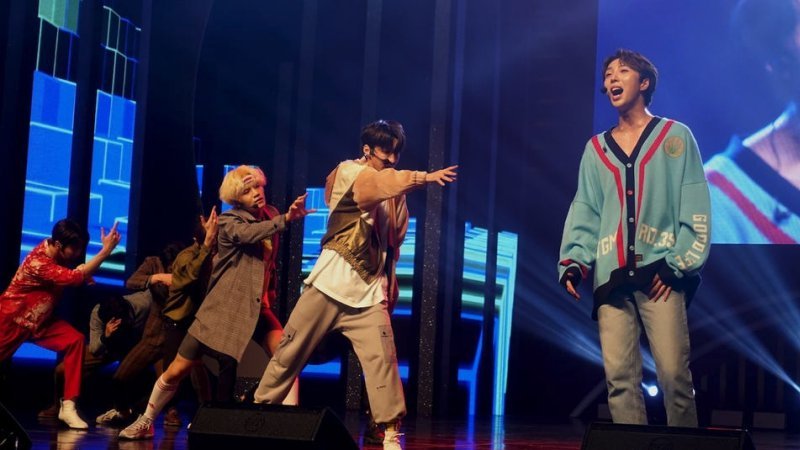
The article is still halfway through, but we recommend also reading:
Rules for using Oppa
Before using this word, make sure of the following:
- You must be female, otherwise there are only 3 exceptions. Are you a man who is joking or telling a woman to call him “oppa, or are you singing Gangnam Style.
- You must say that to a man.
- The male must be at least one year older but not more than 10 years old. If he is 10 years older than you, he should use the terms samchon or ajeossi.
- You must have a familiar and friendly relationship with him.
You can use "oppa" regardless of the person's age, but if the man is over 30, other more popular terms are "ajeossi, samchon and sajangnim".
The "oppa" can be used both as an honorific suffix and as a pronoun. That is, you can use it after the person's name or without their name.
Historical Origin and Evolution of Oppa
The term "oppa" (오빠) has its roots in the ancient Korean language, emerging in the context of a society deeply ingrained in hierarchical structures and family respect. Originally, "oppa" was used strictly in a family context, referring to an older brother by a younger sister. This practice reflects the Confucian emphasis on order and respect within the family, a fundamental pillar of traditional Korean society.
As Korea went through several dynasties and social changes, the term "oppa" began to evolve. During the Goryeo and Joseon periods, the use of "oppa" still remained predominantly within family boundaries. However, with the gradual modernization and Western influence in the 20th century, especially after the Korean War, Korean society began to experience significant changes in its structure and language use.
In the 60s and 70s, amidst rapid economic and social development, the term "oppa" began to be used outside the strict context of the family. It became a loving way for a younger woman to address an older man with whom she had a friendly or affectionate relationship. This marked a significant change, signaling a Korean society that was becoming more open and less rigid in terms of social interactions.
The boom of Korean pop culture in the 90s and 2000s, especially with the emergence of K-Pop and Korean dramas, led to a globalization of the term "oppa." K-pop idols and actors were often referred to as "oppa" by fans, not only in Korea but also worldwide. This phenomenon reflected not only the increasing cultural influence of Korea but also a shift in the perception of the term - from a familiar designation to a term of endearment, admiration, and affection.
Today, "oppa" is a multifaceted term in Korean culture, used in both familiar and social contexts. It symbolizes the ongoing evolution of the Korean language and culture, adapting to the changes of the times while maintaining its historical roots.
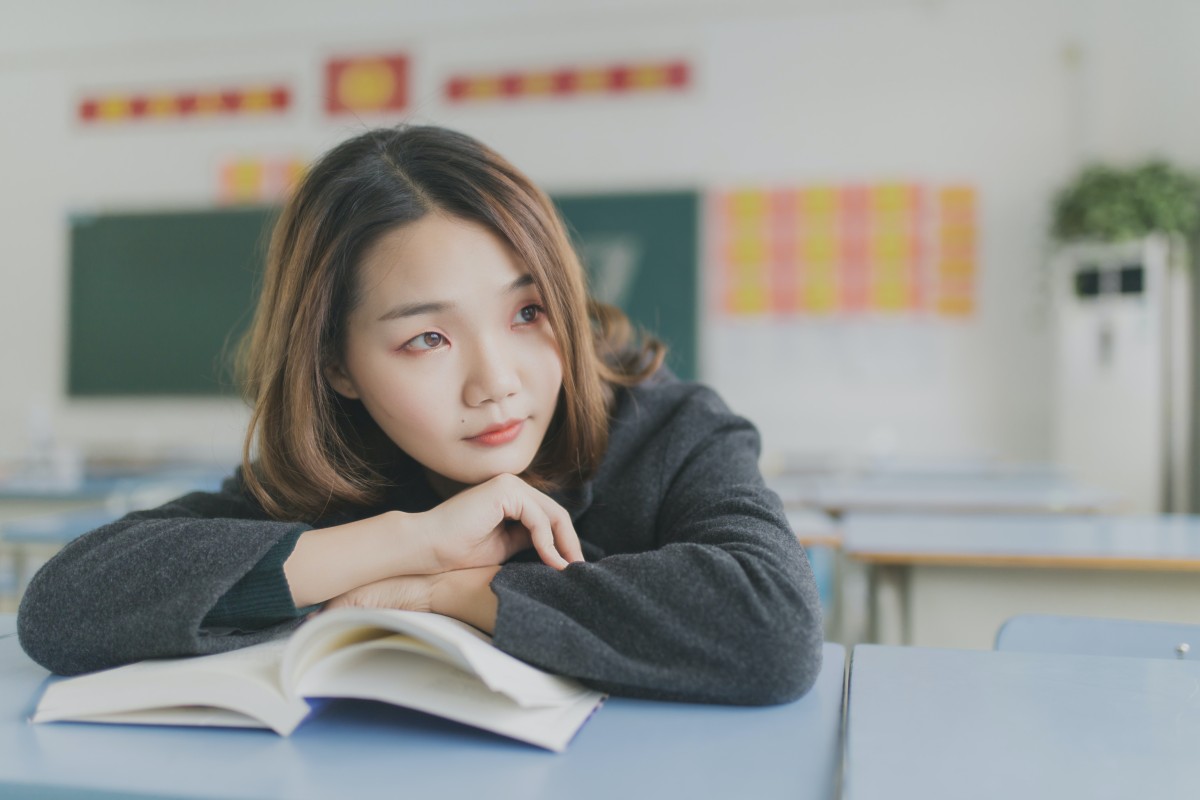
Different ways to say Oppa
Depending on the tonality, the meaning of the expression can change completely. Here are some ways to say oppa below:
Untranslatable – The standard way of calling a blood relative as a male brother or cousin. If there's no zhuzh in the word, they're probably talking about family. The flat, emotionless tone is a dead giveaway.
Oppaaaah – This is a whiny way to get what you want. One of the most powerful aegyo techniques. Can be used friends, boyfriends or even strangers when interested.
oops – Fun way to joke or show annoyance.
Oppah - General way of greeting and showing that you are happy to see someone.
OPPPA! - The sharp and abrupt tone shows that the girl is upset. Try some treat for dessert or dinner.
Saying oppa in an eerily calm tone, usually followed by “we need to talk”, sets you up for things to get ugly.
Expressions alternative to Oppa
In addition to "oppa," the Korean language has several other expressions that are used to refer to people in a respectful or affectionate way, depending on the context and the relationship between the speakers. Here are some alternative expressions, along with their contexts and meanings:
- Hyung (형): Used by men to refer to an older brother or an older male friend. Reflects respect and camaraderie.
- NoonaUsed by men to refer to an older sister or an older female friend. It shows respect and affection in an informal context.
- UnnieUsed by women to refer to an older sister or an older female friend. It is an expression of affection and respect among women.
- Dongsaeng: It refers to a younger brother or sister, regardless of the speaker's gender. It is used to express a fraternal or friendly relationship.
- Seonsaengnim (선생님): A formal term used for teachers, instructors, or anyone in a position of teaching or authority. Indicates great respect.
- Sunbae: Used to refer to someone more experienced or older in a school or professional context. It shows respect for their experience or higher position.
- HubaeThe opposite of "sunbae," used to refer to someone younger or less experienced in a school or professional context.
- Boss: Used to refer to the president or CEO of a company. It is a respectful form of address for business leaders.
- Ajeossi (아저씨) / Ajumma (아줌마)"Ajeossi" is used for middle-aged men, while "ajumma" is for middle-aged women. They are colloquial terms used for people who are not known to the speaker.
- Chingu (친구): It means "friend" and is used in an informal way, usually among people of the same age.
Example sentences using Oppa
See below sentences in Korean using the term oppa in different contexts.
Family Context:
Untranslatable "오빠, 저녁 뭐 먹고 싶어요?" (Oppa, jeonyeok mwo meokgo sipeoyo?)
Translation: "Oppa, what do you want to eat for dinner?"
Explanation: A younger sister asks her older brother about his dinner preferences, demonstrating the traditional and familial use of "oppa."
Romantic Context:
Untranslatable "오빠, 내일 같이 영화 볼래요?" (Oppa, naeil gati yeonghwa bollaeyo?)
Translation: "Oppa, do you want to watch a movie with me tomorrow?"
Explanation: A young woman invites her older boyfriend or romantic partner on a date, using "oppa" affectionately.
Friendship context:
Untranslatable "오빠, 이거 좀 도와줄래?" (Oppa, igeo jom dowajullae?)
Translation: "Oppa, can you help me with this?"
Explanation: A friend asks for help from an older friend, using "oppa" to indicate respect and closeness.
Fan to Idol Context:
Untranslatable"오빠, 사인해 주세요!" (Oppa, sainhae juseyo!)
Translation: "Oppa, please, autograph for me!"
Explanation: A fan asks for an autograph from her K-Pop idol, referring to him as "oppa" in a gesture of admiration and affection.
General Social Context:
Untranslatable"오빠, 그 카페에 가 본 적 있어요?" (Oppa, geu cafe-e ga bon jeok isseoyo?)
Translation: "Oppa, have you been to that café?"
Explanation: A younger woman asks an older acquaintance or colleague if he knows a specific café, using "oppa" to establish a casual and respectful conversation.


